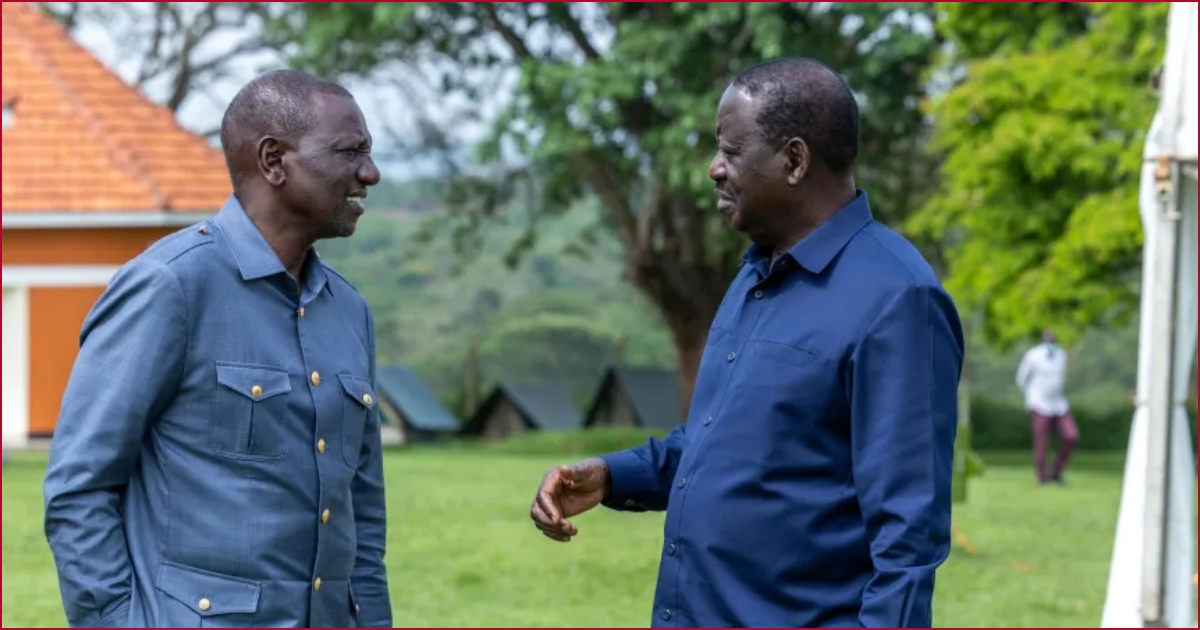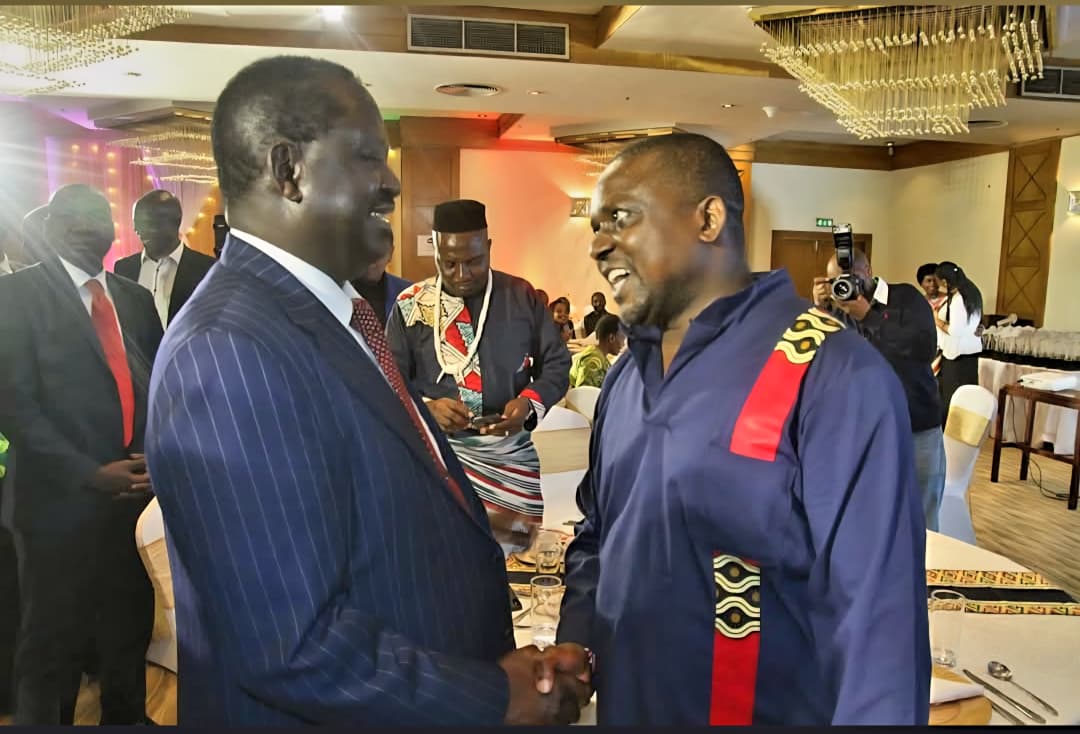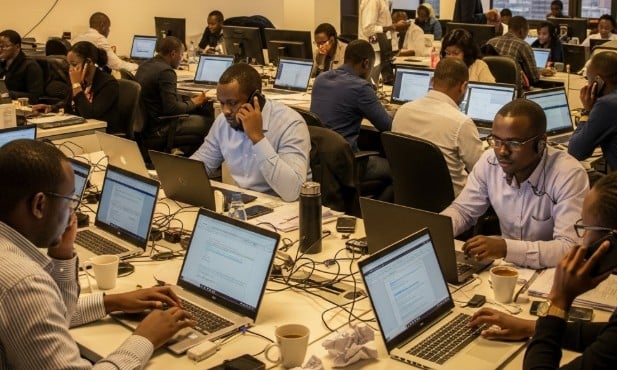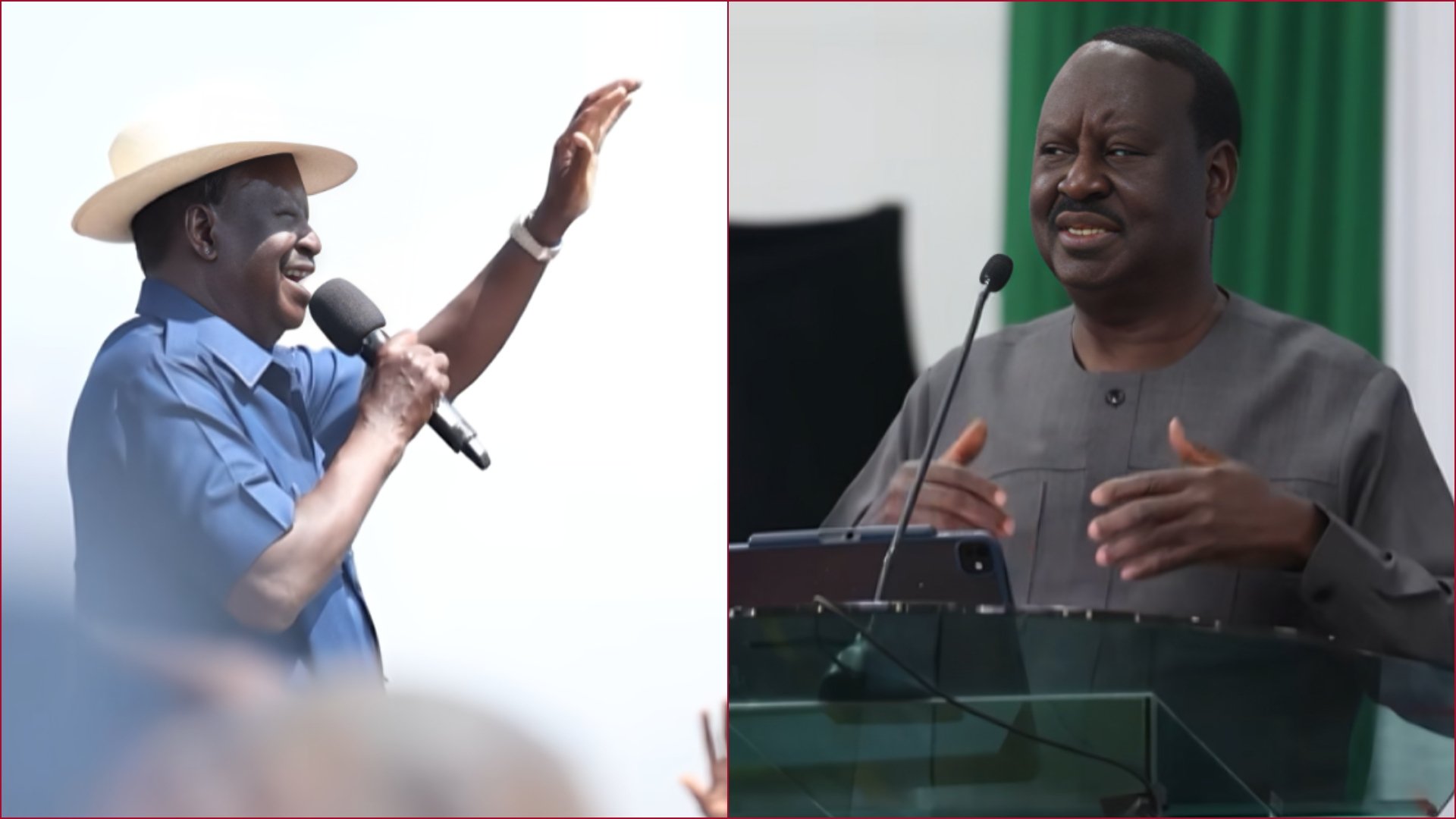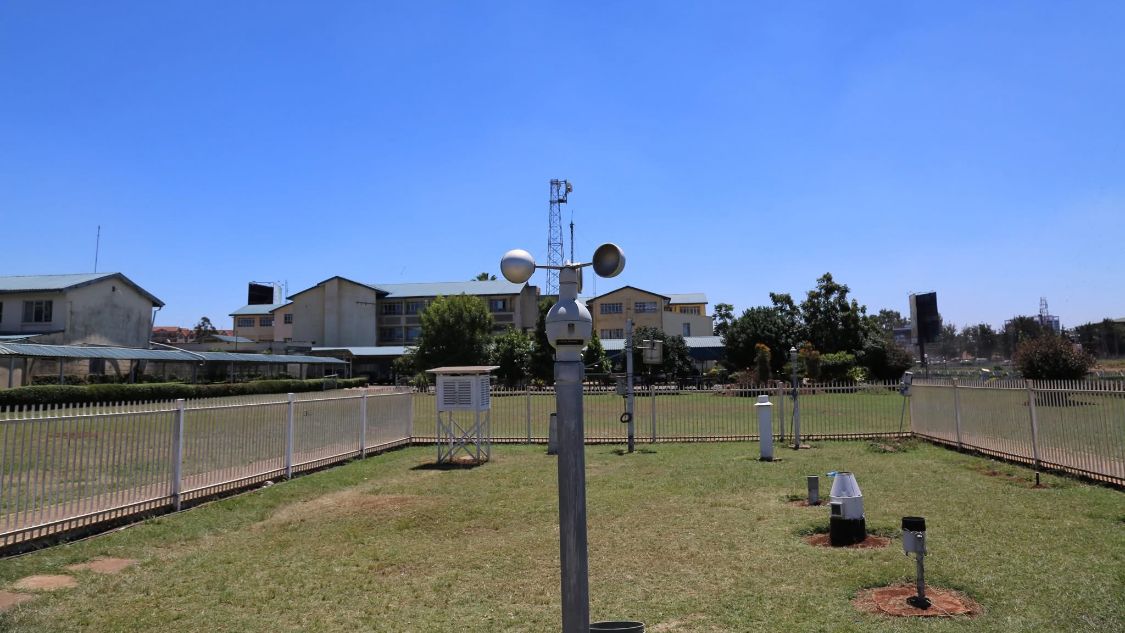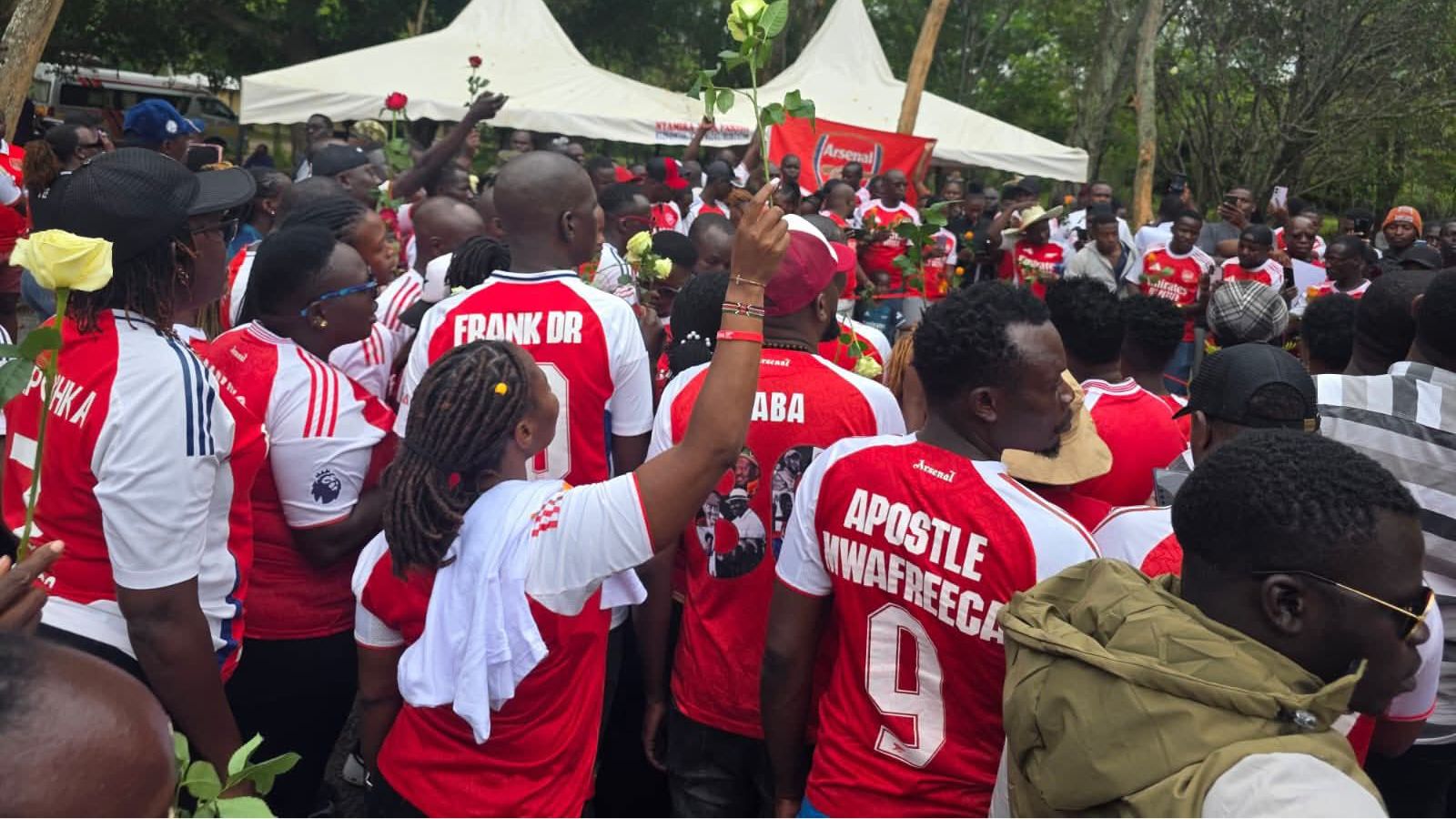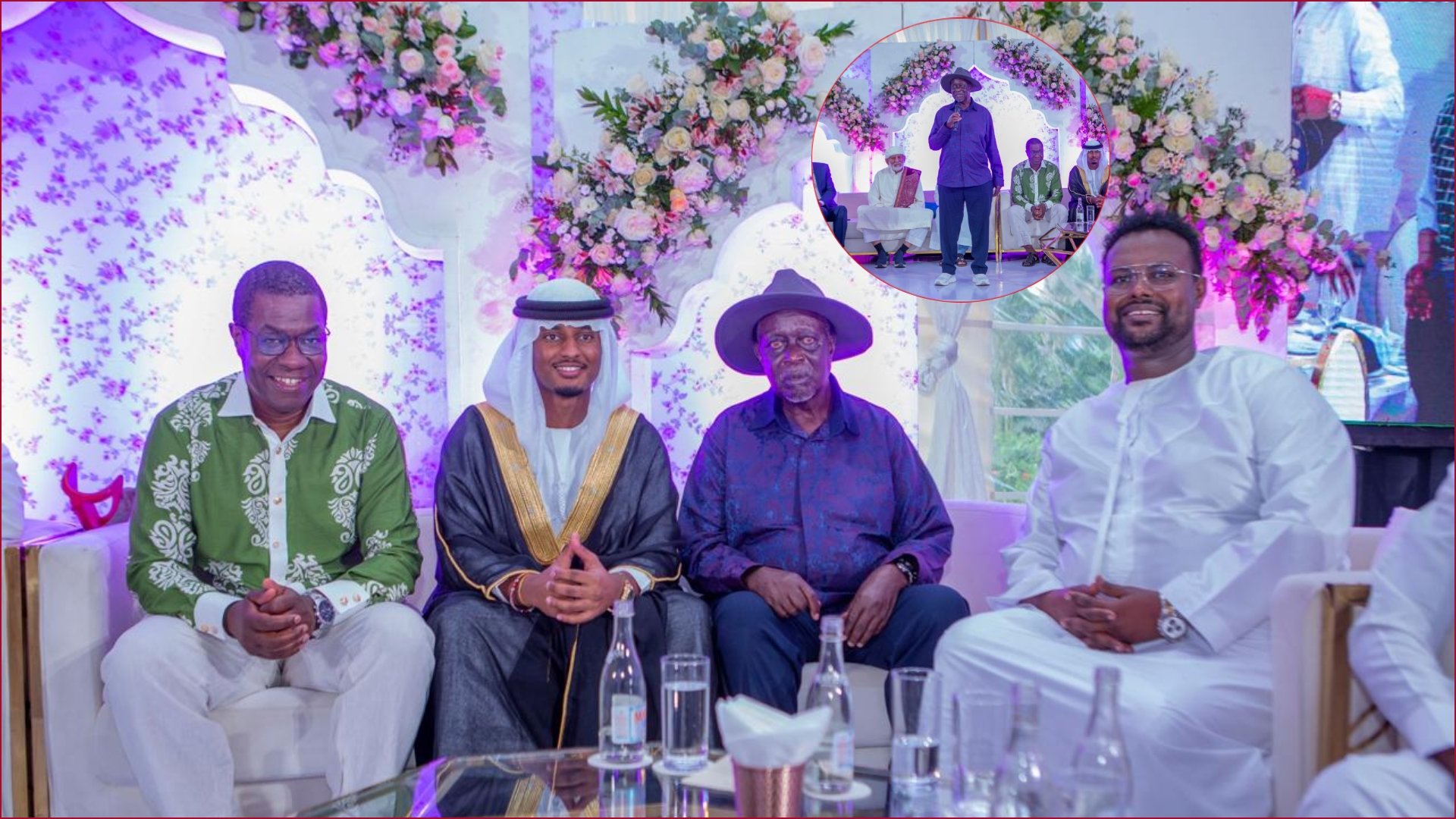By Victor Bwire
Over the years, and throughout any country’s history, persistent and sporadic conflicts have often been addressed through national or community dialogues and engagements aimed at resolving impasses. Kenya has not been spared from such responses to national challenges, albeit with limited success. In most cases, the outcomes of these processes have merely served as mechanisms for managing the grievances of affected groups, rather than offering lasting solutions.
While national dialogues in Kenya have often extended beyond politics to involve diverse segments of the population, the framing of these conversations and their outcomes tends to prioritize political interests over broader societal concerns. Once the political tensions of the day are addressed, other pressing issues, such as human rights violations, youth unemployment, economic inequalities affecting the middle class and the poor, and citizen participation in governance, are frequently ignored or abandoned.
This history has eroded public trust and confidence in national or community dialogues as effective tools for conflict resolution. More concerning is the tendency to present national challenges in adversarial terms, framing them as “us versus them” and portraying legitimate grievances as personal attacks on political leaders. At the national level, those advocating for rights are often depicted, especially by the media, as opposing the president. At regional or institutional levels, they are framed as opposing the dominant political figure, or even the tribe, clan, or family of an institutional head.
This is the reality in Kenya today: our leaders seem unable to recognize that youth-led protests over specific issues might simply be that, calls for attention to real issues that deserve sincere responses. These responses should be communicated in a more respectful, inclusive, and intelligent manner. National dialogue, which is fundamentally rooted in public participation, has a significant role to play in Kenya’s development. Leaders must understand that not every issue is about political rivalry or personalities. Youth concerns, in particular, can and should be addressed independently of political maneuvering.
Read More
Various sections of society, including youth, marginalized communities, and workers, will continue to raise issues that affect them, sometimes through protests. Resolving these issues will require genuine dialogue, with agreed-upon recommendations implemented in good faith. Duty bearers must adopt a respectful and empathetic tone when engaging with rights holders, and such engagement should be ongoing to ensure accountability.
-1721982952-1752255451.jpg)
The reluctance toward national dialogue today does not stem from Kenyans being unwilling to talk to each other, but from disillusionment with how such dialogues are conducted and how their recommendations are implemented. Mistrust and political interference have made these processes unappealing, especially to the youth, who feel repeatedly sidelined.
Our history has shown that compromise and dialogue can work. From the Inter-Parties Parliamentary Group (IPPG) process in 1997 in response to electoral protests and police brutality, to the 2008 National Accord, the 2018–2022 Building Bridges Initiative (BBI), and the 2023–2024 National Dialogue Committee (NADCO), each effort has acknowledged youth as a group needing focused attention. Their concerns have consistently included a lack of income-generating opportunities, exclusion, and limited access to meaningful participation in governance.
Unlike in the past, today’s youth do not need to rely on political intermediaries to express themselves. They can mobilize, communicate, and advocate directly through digital platforms and media. Kenya is blessed with a vibrant, talented, and creative youth population, yet many are languishing in unemployment, a fact that is not in dispute. According to the 2019 census, 75% of Kenya’s population is aged between 0 and 34 years. Vision 2030, the country’s long-term development blueprint, promises to create a globally competitive and prosperous nation by 2030, with improved quality of life, particularly through sustainable youth employment in both formal and informal sectors.
As a country, we may need to rethink how we engage with our youth. We must adopt a softer, more empathetic approach, one that focuses less on security-based responses and more on open, ongoing communication. Even in households, parenting approaches have evolved to meet the needs of a new generation. So too must governance evolve to accommodate youth voices and address their concerns with sincerity, dignity, and urgency.
Mr Victor Bwire is the Head of Media Development and Strategy at the Media Council of Kenya.
